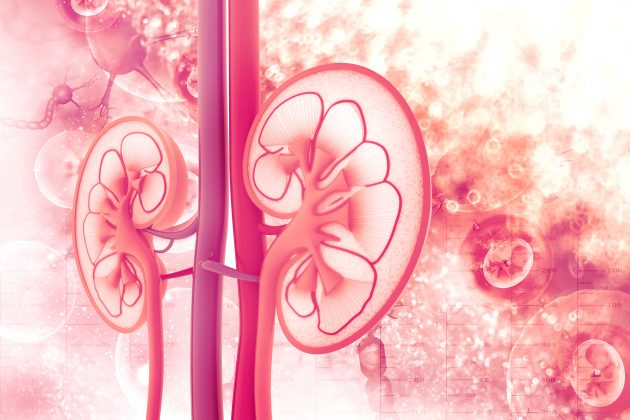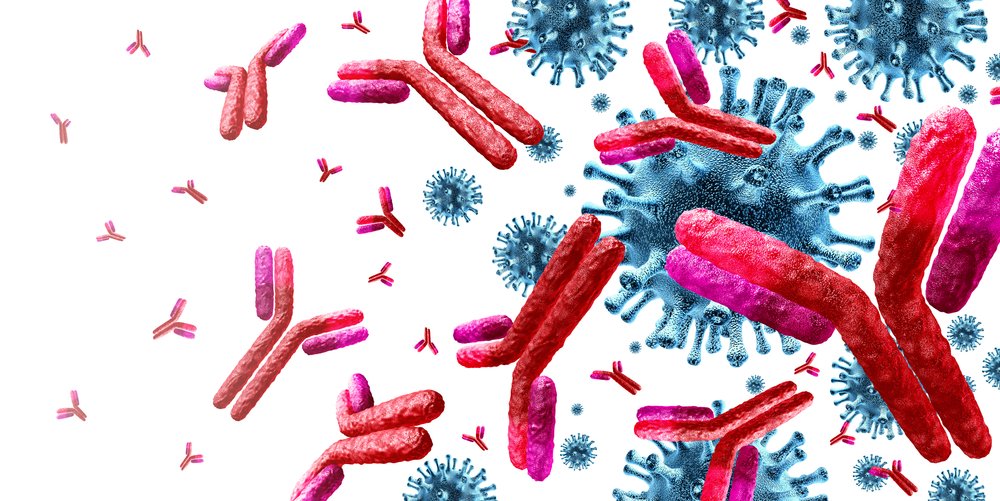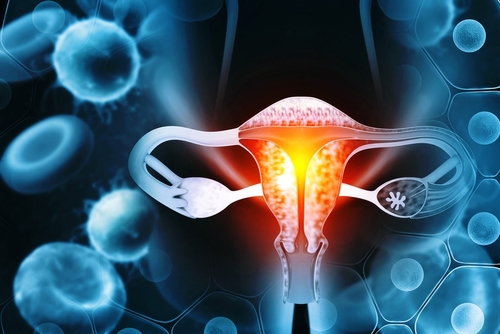Kidney Week 2019
Kidney transplant recipients often develop anemia, a complication that has a negative impact on quality of life, particularly on physical functioning. There are few data available regarding decreased physical functioning among kidney transplant recipients. Joanna Sophia J. Vinke and colleagues at the University Medical Center Groningen, Netherlands, conducted a prospective study designed to examine the association between anemia and muscle mass and muscle strength in kidney transplant recipients.
The researchers reported results of the study during a virtual poster session at ASN Kidney Week 2020. The poster was titled Anemia and Decreased Muscle Mass and Muscle Strength in Kidney Transplant Recipients.
The analysis included kidney transplant recipients in the TransplantLines Biobank and Cohort Study. Eligible participants were those who were 1 year post-transplant and had data on hemoglobin (Hb) levels and muscle mass.
Muscle mass was assessed two ways: (1) using 24-hour urinary creatinine excretion and (2) using bioelectrical impedance analysis (BIA). Muscle strength was measured via hand grip strength using a dynamometer. Mean overall hand grip strength was calculated from three attempts of both hands for 30 seconds recovery time in between each attempt. The researchers defined anemia as Hb <12 g/dL for women and <13 g/dL for men, according to World Health Organization definitions. Associations between anemia and muscle mass and strength were examined using multivariable linear regression analyses.
The cohort included 824 kidney transplant recipients. Median age was 56 years, 60% were male, median estimated glomerular filtration rate (eGFR) was 52 min/1.73/m2, and median serum Hb was 13.5 g/dL. Thirty percent of the cohort had anemia.
There was an association between HB level and creatinine excretion, independent of age, sex, eGFR, body mass index, high-sensitivity C-reactive protein, smoking status, alcohol use, and use of renin-angiotensin-aldosterone system inhibitors, statins, calcineurin inhibitors, proliferation inhibitors, or prednisolone (P=.001). There was also an independent association between the presence of anemia and lower creatinine excretion (P=.021).
There was an independent association between Hb levels and muscle mass, estimated using BIA resistance measurements (P<.001). Hb and anemia were both associated with handgrip strength, independent of potential confounders (P<.001 and P=.005, respectively).
In conclusion, the researchers said, “Low hemoglobin levels and anemia are strongly associated with lower muscle mass and muscle strength in kidney transplant recipients, likely impairing physical functioning. Future research is needed to address whether correction of anemia improves physical performance in kidney transplant recipients.”
Source: Vinke JSJ, Wouters HJ, Post A, et al. Anemia and decreased muscle mass and muscle strength in kidney transplant recipients. Abstract of a poster presented at the American Society of Nephrology virtual Kidney Week 2020 (PO2502), October 22, 2020.
Credit: Original article published here.










